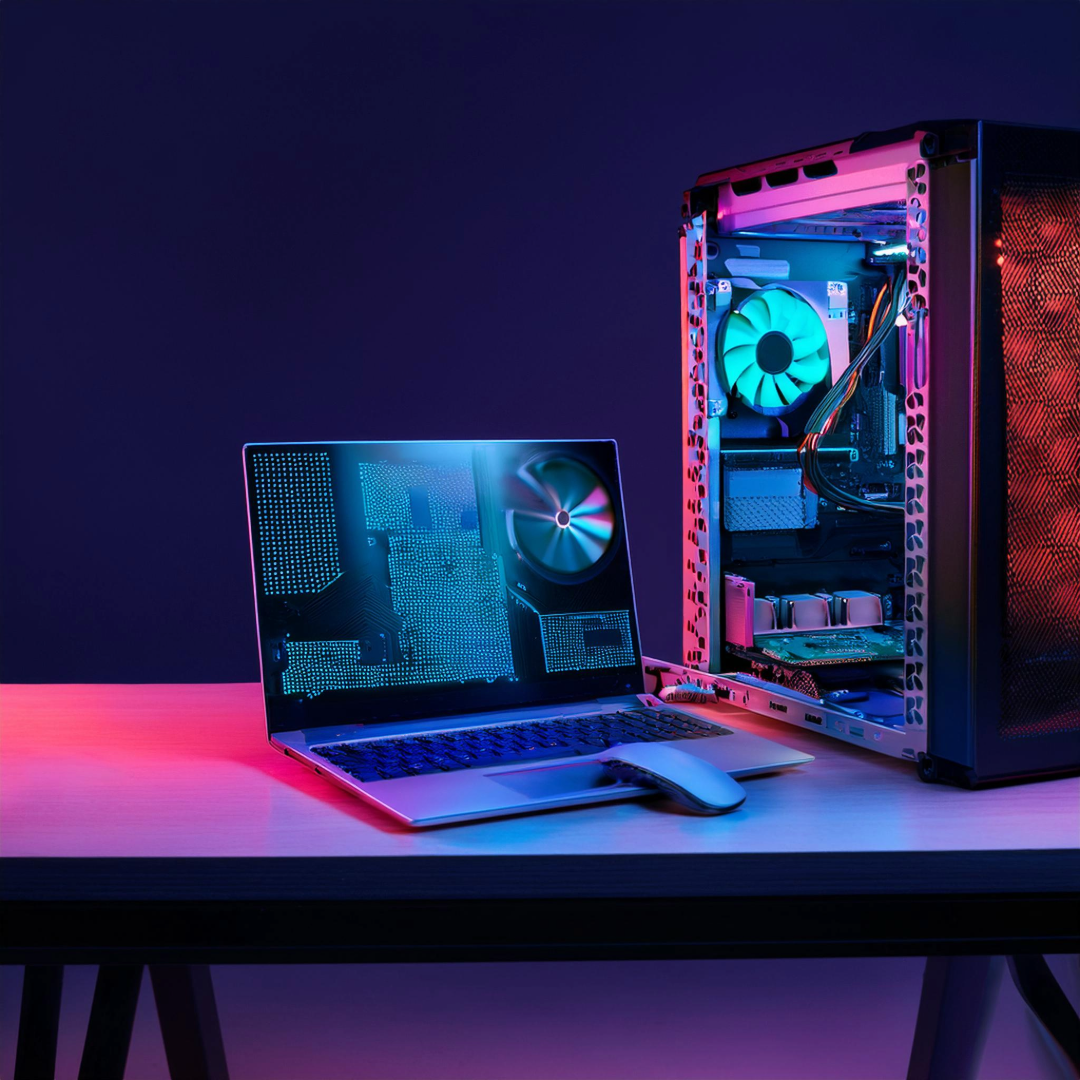Keep Your PC Running Smoothly: Why Regular Hardware and Software Maintenance is Essential
Keep Your PC Running Smoothly: Why Regular Hardware and Software Maintenance is Essential
Your PC is a powerful tool, whether you use it for work, gaming, creative projects, or just staying connected. But like any complex machine, it needs regular care and attention to perform at its best. Ignoring regular hardware and software maintenance can lead to a frustrating experience filled with slowdowns, crashes, and even data loss. Think of it like owning a car – you wouldn’t skip oil changes and expect it to run forever, would you?
The Benefits of Regular Maintenance: A Breakdown
Let’s break down why both hardware and software maintenance are crucial, and what benefits you can expect from a consistent schedule.
Hardware Maintenance: Keeping Things Clean and Cool
Hardware maintenance primarily focuses on the physical components of your computer. Here’s why it matters:
- Preventing Overheating: Dust buildup is the enemy of your PC’s internal components. Dust acts as an insulator, trapping heat and forcing your fans to work overtime. This can lead to component damage, system instability, and even premature hardware failure. Regular cleaning (every 3-6 months, depending on your environment) is crucial.
- Ensuring Optimal Performance: Over time, thermal paste (the compound that helps transfer heat from your CPU and GPU to their heatsinks) can dry out. Reapplying thermal paste periodically (every 1-2 years, or as needed) ensures efficient heat dissipation and prevents performance throttling.
- Checking Connections: Vibrations and movement can sometimes loosen cables and connections inside your PC. A quick visual inspection and reseating of components (RAM, graphics card, etc.) can prevent unexpected crashes and malfunctions. Important Note: Always unplug your PC from the power outlet before opening the case and working on internal components.
- Extending Lifespan: By keeping your hardware clean, cool, and properly connected, you significantly extend its lifespan. This saves you money in the long run by avoiding costly replacements.
- Checking Peripherals: Clean your monitor, keyboard, and mouse. This improves your experience, and removes and bacteria or viruses.
Pro Tip: Use compressed air (specifically designed for electronics) to safely remove dust from your PC’s interior. Avoid using a regular vacuum cleaner, as it can generate static electricity that can damage sensitive components.
Software Maintenance: The Brains of the Operation
Software maintenance is just as important as hardware maintenance. It ensures your operating system and applications run smoothly and securely.
- Operating System Updates: Regularly installing updates for your operating system (Windows, macOS, Linux) is critical. These updates often include crucial security patches that protect you from malware and vulnerabilities. They also often contain performance improvements and bug fixes.
- Application Updates: Keep your software (web browsers, productivity suites, games, etc.) updated. Like OS updates, application updates often include security patches, bug fixes, and new features. Outdated software can be a security risk.
- Malware Scans: Run regular scans with a reputable antivirus and anti-malware program. This helps detect and remove any malicious software that may have slipped through your defenses.
- Disk Cleanup and Defragmentation (for HDDs): Over time, your hard drive can become cluttered with temporary files and fragmented data. Disk cleanup tools remove unnecessary files, freeing up space. Defragmentation (for traditional hard disk drives – not SSDs) reorganizes data on the drive, improving access times. Windows has built-in tools for this.
- Driver Updates: Drivers are software that allow your operating system to communicate with your hardware. Updating drivers (especially for your graphics card) can improve performance and fix compatibility issues.
- Uninstall Unused Programs: Remove programs you no longer use. This frees up disk space and can improve overall system performance by reducing background processes.
- Backups: This isn’t strictly maintenance in the same way as the others, but it’s absolutely essential. Regularly back up your important data to an external drive or cloud storage service. This protects you from data loss due to hardware failure, malware, or accidental deletion.
Creating a Maintenance Schedule: Consistency is Key
The key to effective PC maintenance is consistency. Here’s a sample schedule you can adapt to your needs:
- Weekly: Run malware scans, check for software updates (OS and applications).
- Monthly: Perform a disk cleanup.
- Every 3-6 Months: Clean the inside of your PC (dust removal).
- Yearly: Consider reapplying thermal paste (if you’re comfortable doing so, or take it to a professional). Check driver updates.
- Regularly (ongoing): Back up your data!
Need Help with Software Maintenance?
Keeping up with all those software updates, scans, and cleanups can be time-consuming. If you’d rather leave it to the experts, we can help!
We offer comprehensive software maintenance support at daryo89.pro, starting from just £15 per month. Our subscription service ensures your PC stays secure, optimized, and running smoothly, giving you peace of mind and freeing up your time. Visit daryo89.pro to learn more and sign up!
Conclusion: Invest Time Now, Save Headaches Later
Regular PC maintenance, whether you do it yourself or get professional help, might seem like a chore, but it’s a small investment of time that pays off significantly in the long run. By keeping your hardware clean and your software up-to-date, you’ll enjoy a faster, more stable, and more secure computing experience. You’ll also extend the life of your PC, saving you money and frustration. Don’t wait until something goes wrong – be proactive and make PC maintenance a regular part of your routine!
Do you have any PC maintenance tips or questions? Share them in the comments below!












Add comment